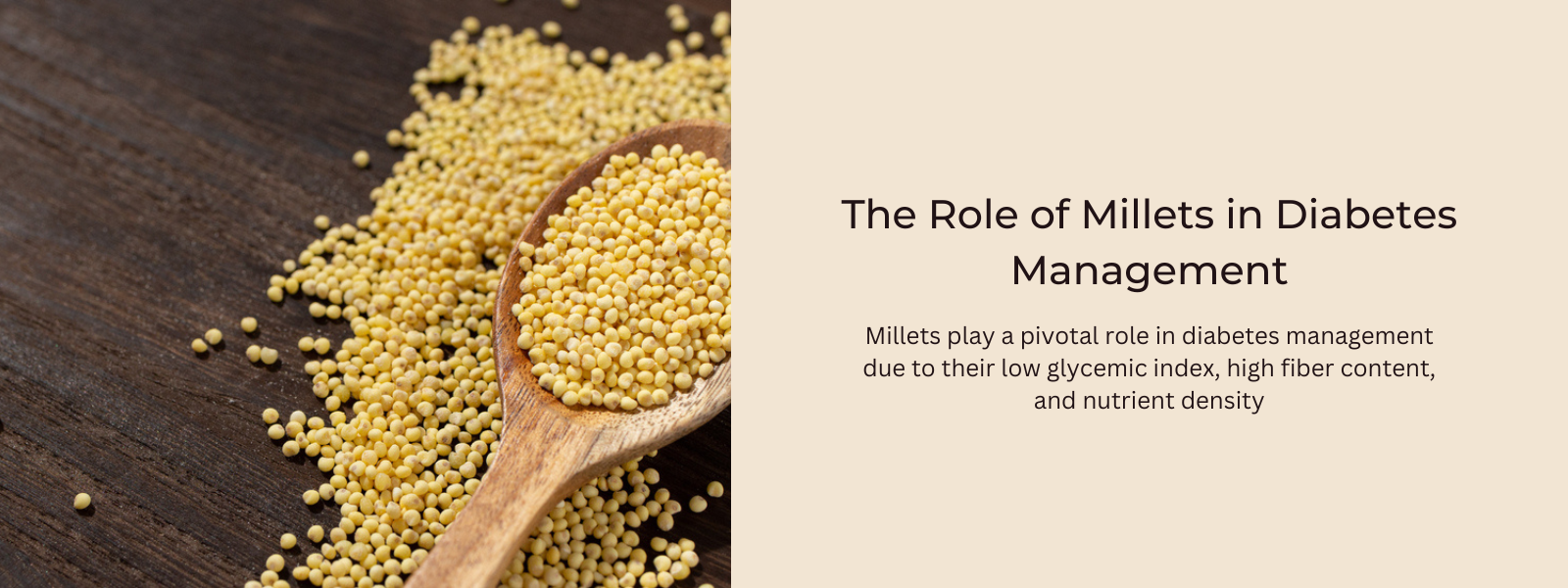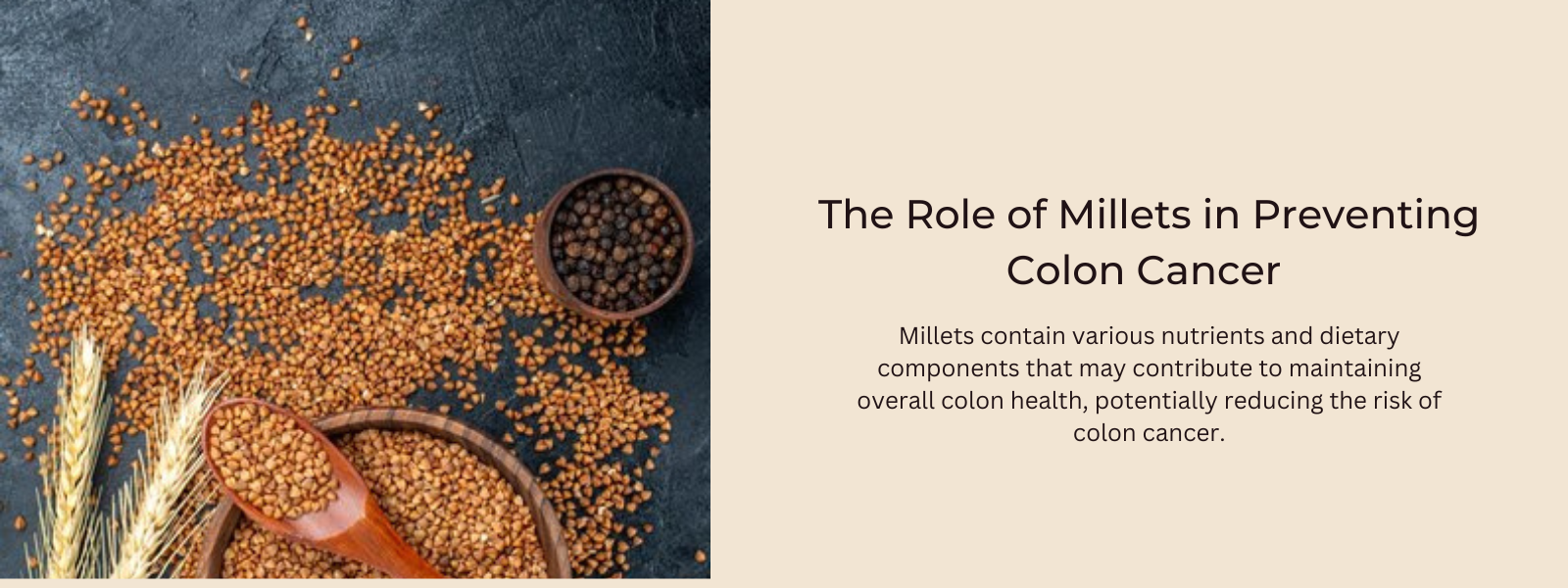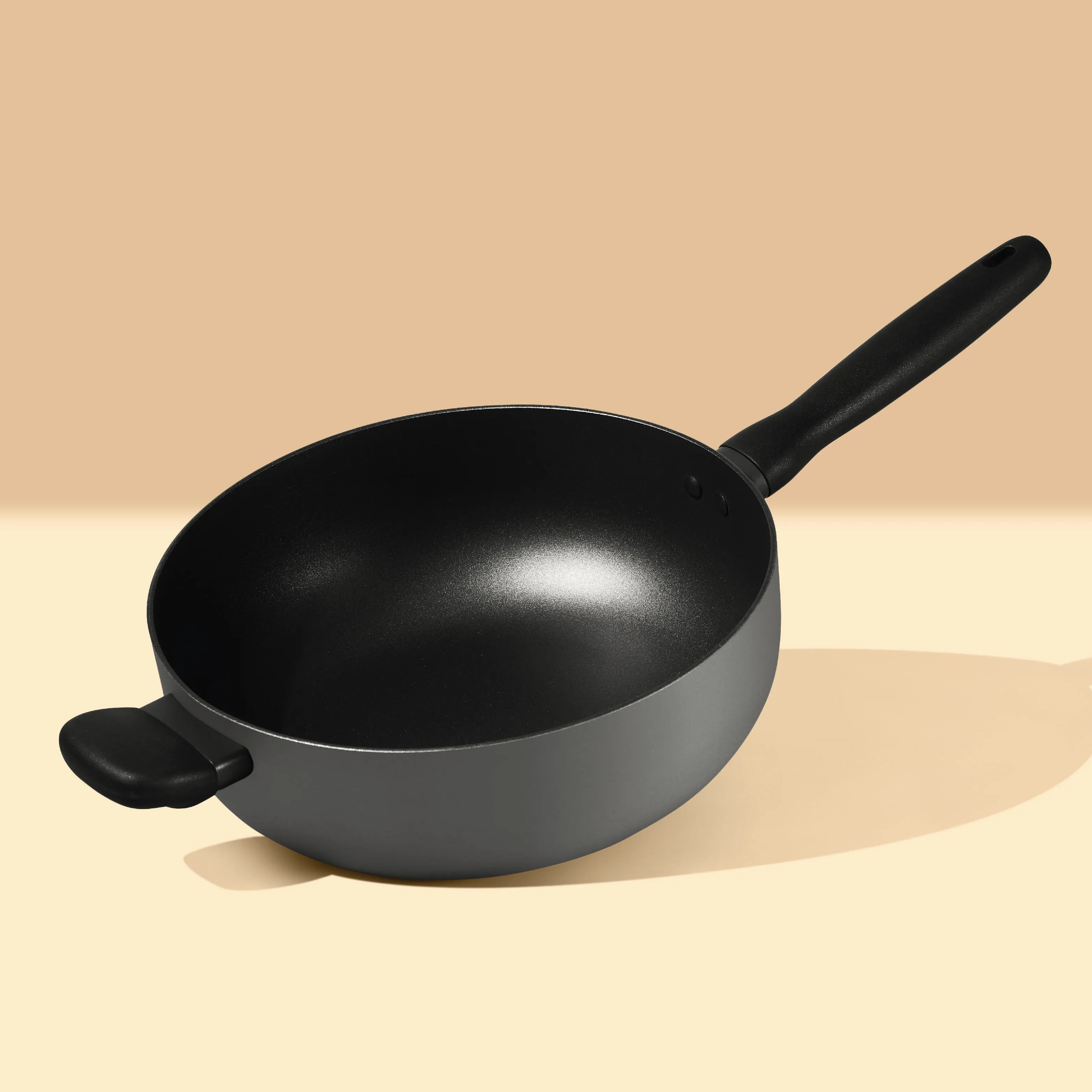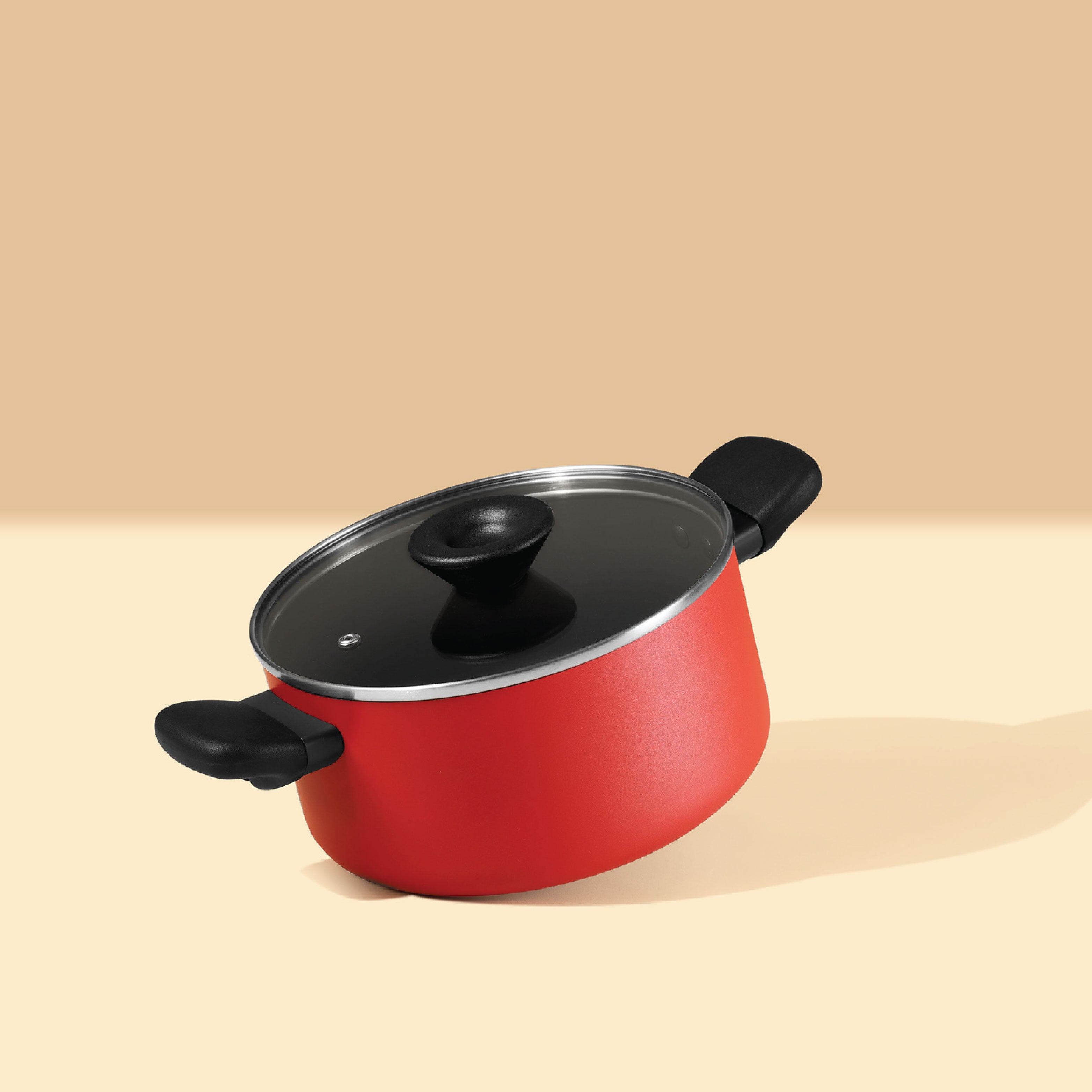Millets, often referred to as ancient grains, are small-seeded grasses that have been cultivated for thousands of years. They are highly valued for their nutritional benefits and versatility in cooking. With the rising interest in healthy eating and sustainable agriculture, millets are making a strong comeback as a superfood for modern diets. Here's a comprehensive look at the nutritional profile of millets and why they deserve a place in your diet.
Table of Contents
What Are Millets?
Millets are a group of cereal grains belonging to the Poaceae family, commonly grown in Asia and Africa. The most popular types of millets include pearl millet, foxtail millet, finger millet, and sorghum. Each type has its unique nutritional profile and health benefits, making them a versatile and valuable addition to the diet.
Nutritional Value of Millets
Millets are packed with essential nutrients that contribute to overall health. Here’s a detailed breakdown of the key nutrients found in millets:
- Carbohydrates:
- Millets are a rich source of complex carbohydrates, providing sustained energy release. They are low in glycemic index, making them an excellent choice for individuals with diabetes.
- Proteins:
- Millets contain a significant amount of protein, which is crucial for muscle repair and growth. The protein content varies among different types of millets but generally ranges from 7-12%.
- Fiber:
- Millets are high in dietary fiber, promoting digestive health and aiding in weight management. Fiber helps in maintaining regular bowel movements and preventing constipation.
- Vitamins:
- Millets are a good source of B vitamins, including niacin, thiamine, and riboflavin, which are essential for energy metabolism and maintaining healthy skin and nerves.
- Minerals:
- They are rich in essential minerals such as iron, magnesium, phosphorus, and potassium. These minerals play a vital role in bone health, oxygen transport, and maintaining electrolyte balance.
- Antioxidants:
- Millets contain phenolic compounds and antioxidants that help in combating oxidative stress and reducing inflammation in the body.
Health Benefits of Millets
The impressive nutritional profile of millets translates into numerous health benefits:
- Heart Health:
- The high fiber content in millets helps in reducing cholesterol levels, thereby lowering the risk of heart disease. The presence of magnesium also aids in regulating blood pressure.
- Digestive Health:
- Millets promote a healthy digestive system due to their high fiber content. They help in preventing constipation and promoting regular bowel movements.
- Diabetes Management:
- Millets have a low glycemic index, which means they do not cause a rapid spike in blood sugar levels. This makes them an ideal food choice for people with diabetes.
- Weight Management:
- The fiber and protein in millets help in keeping you full for longer, reducing overall calorie intake and aiding in weight management.
- Bone Health:
- Millets are rich in calcium and magnesium, essential for maintaining strong bones and preventing conditions like osteoporosis.
- Immune Support:
- The vitamins and minerals in millets, along with their antioxidant properties, help in boosting the immune system and protecting against infections.
Ways to Use Millets
Millets can be used in a variety of ways in your daily diet:
- Breakfast Porridge:
- Cook millets with milk or water to make a nutritious porridge. Add fruits, nuts, and honey for added flavor.
- Salads:
- Use cooked millets as a base for salads. Mix with vegetables, herbs, and a light dressing for a healthy meal.
- Baking:
- Millet flour can be used in baking bread, muffins, and cookies, adding a nutritional boost to your baked goods.
- Side Dishes:
- Substitute rice or quinoa with millets in pilafs, stir-fries, and other side dishes.
- Traditional Recipes:
- Incorporate millets into traditional dishes like khichdi, dosa, and upma for a healthy twist.
Conclusion
Millets are a powerhouse of nutrition, offering a wide range of health benefits. Their rich nutrient profile, combined with their versatility in cooking, makes them an excellent addition to modern diets. Whether you’re looking to manage your weight, improve heart health, or simply add more variety to your meals, millets are a superfood worth exploring. Embrace the goodness of millets and enjoy the numerous health benefits they bring to the table.











Leave a comment